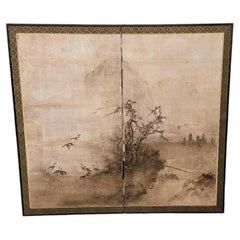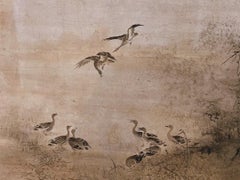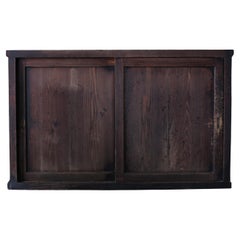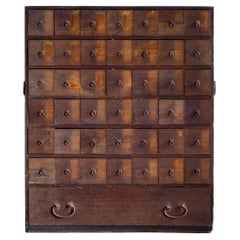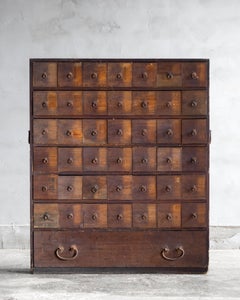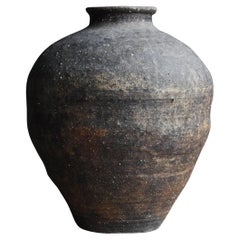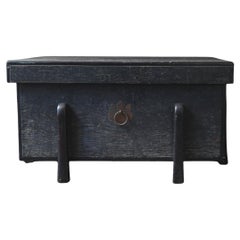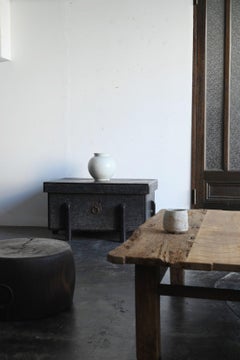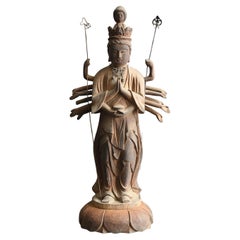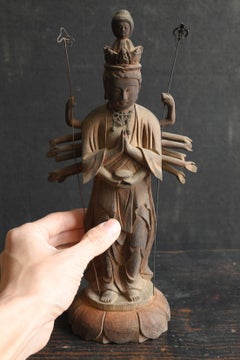Find a broad range of unique Edo
furniture for sale on 1stDibs. Many of these items were first offered in the 21st Century and Contemporary, but contemporary artisans have continued to produce works inspired by this style. If you’re looking to add vintage furniture created in this style to your space, the works available on 1stDibs include
asian art and furniture,
wall decorations,
decorative objects and other home furnishings, frequently crafted with
wood,
metal and other materials. If you’re shopping for used Edo furniture made in a specific country, there are
Asia,
East Asia, and
Japan pieces for sale on 1stDibs. While there are many designers and brands associated with original furniture, popular names associated with this style include Utagawa Hiroshige (Ando Hiroshige),
Arita,
Ryosuke Harashima, and
Kitagawa Utamaro. It’s true that these talented designers have at times inspired knockoffs, but our experienced specialists have partnered with only top vetted sellers to offer authentic pieces that come with a
buyer protection guarantee. Prices for furniture differ depending upon multiple factors, including designer, materials, construction methods, condition and provenance. On 1stDibs, the price for these items starts at
$55 and tops out at
$1,386,932 while the average work can sell for
$2,989.
